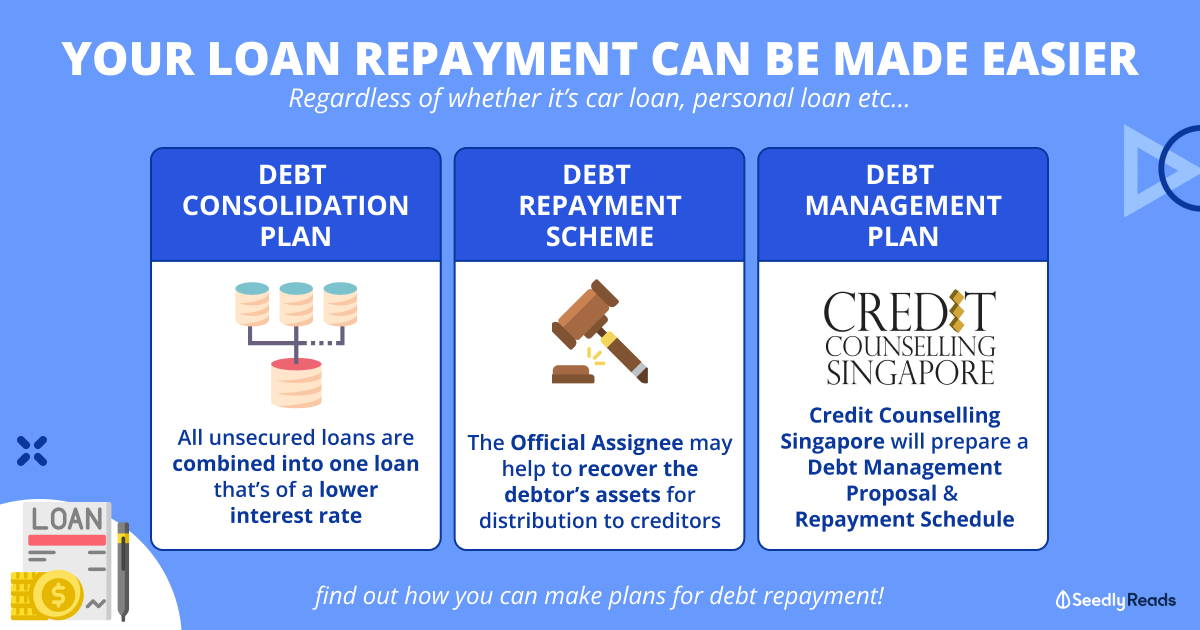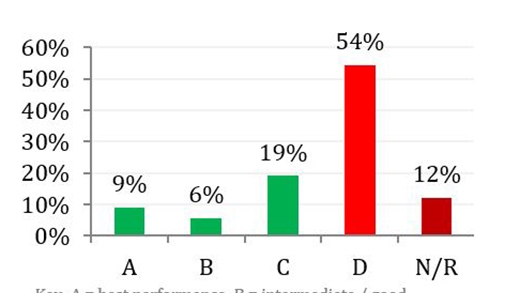Trick Tips to Establishing a Lasting Financial Obligation Monitoring Plan That Fits Your Distinct Financial Circumstance
Developing a lasting debt management strategy customized to your specific economic situations calls for an organized method that starts with a complete assessment of your current scenario. By understanding the ins and outs of your revenue, expenditures, and existing debts, you can develop clear financial objectives that serve as a roadmap for your settlement method.
Evaluate Your Present Financial Situation
To effectively establish a sustainable financial debt management strategy, it is crucial to very first evaluate your present economic circumstance. This assessment entails a detailed review of your earnings, liabilities, expenditures, and assets. Begin by determining your complete month-to-month earnings, consisting of incomes, benefits, and any type of additional sources of income. Next, checklist all month-to-month expenditures, classifying them right into fixed costs, such as rental fee or mortgage payments, and variable expenses, including grocery stores and amusement.
After developing a clear photo of your income and expenditures, review your existing financial debts. This consists of bank card, personal financings, and any kind of various other commitments, keeping in mind the complete amount owed and the rate of interest related to each. Recognizing your debt-to-income ratio is crucial, as it gauges your ability to handle monthly repayments relative to your revenue.
Furthermore, consider your investments and cost savings, as they can play a critical duty in your total economic wellness. By gathering this details, you create a foundational understanding of your monetary landscape, enabling you to make informed decisions as you develop a reliable and structured financial debt management plan tailored to your unique situations.
Set Clear Financial Goals
Developing clear monetary goals is important for efficient financial obligation management, as it offers direction and motivation for your economic trip. By specifying certain, quantifiable, achievable, pertinent, and time-bound (CLEVER) goals, you can develop a roadmap that guides your decision-making and prioritizes your economic actions.
Start by evaluating both temporary and lasting goals. Short-term goals might include paying off a specific charge card or conserving for a reserve, while long-term objectives could encompass debt-free living or homeownership. Make sure that each goal aligns with your overall economic technique to advertise a cohesive method to financial obligation management.
Moreover, it is important to regularly revisit and adjust these objectives based upon modifications in your financial situation or life scenarios. This flexibility enables you to stay focused and inspired, also when challenges emerge. By committing to these clear economic goals, you not just improve your capacity to handle financial debt effectively yet also grow an aggressive way of thinking that encourages you to make informed financial choices progressing. Eventually, these objectives work as a structure whereupon you can develop a sustainable financial obligation administration plan customized to your unique financial scenario.
Produce a Realistic Spending Plan
Creating a reasonable spending plan is a critical action in handling financial obligation effectively, as it helps you track your revenue and costs while determining areas for renovation. Begin by recording all income sources, including wages, freelance job, and any passive revenue streams. Next off, checklist all monthly expenditures, categorizing them into taken care of (rent, energies) and variable (groceries, home entertainment) prices. This detailed review enables you to see where your cash is going and aids prioritize necessary costs.
As soon as you have a clear image of your financial landscape, compare your complete income to your overall expenditures. If you find that your expenses surpass your earnings, it is crucial to recognize non-essential expenses that can be decreased or eliminated. Consider setting investing limitations for discretionary classifications to ensure you continue to be within your financial methods.
Additionally, it can be valuable to revise your budget plan regularly, reflecting any changes in income or expenses. go to the website By maintaining a versatile yet disciplined strategy, you will certainly enhance your ability to handle debt sustainably. A well-structured budget plan not only provides a roadmap for investing but additionally infuses a sense of control over your financial situation, fostering lasting economic health and wellness.
Explore Financial Obligation Payment Options
Checking out financial debt repayment options is necessary for people looking for to gain back control over their monetary commitments. Various techniques deal with varying situations and can dramatically influence the efficiency of the payment process.
One preferred approach is the snowball method, where individuals concentrate on repaying the tiniest financial debts first. This can develop energy and boost inspiration as financial debts are gotten rid of. Alternatively, the avalanche approach focuses on financial debts based upon rate of interest, permitting customers to save money in time by targeting high-interest financial debts first.
For those facing considerable obstacles, debt consolidation might be a suitable option. This entails incorporating numerous debts into a solitary finance, usually with a lower rate of interest, simplifying payments and potentially minimizing regular monthly commitments.
Additionally, discussing directly with financial institutions can lead to much more desirable terms, such as lowered rate of interest or prolonged repayment strategies.

Display and Adjust Your Strategy
Once a financial debt repayment approach is in area, it is very important to continuously keep track of and change the strategy as scenarios change. Frequently assessing your financial scenario will aid you determine any changes in revenue, expenses, or unanticipated events that could impact your capacity to stick to the initial strategy.
Begin by establishing a schedule for regular evaluations, such as month-to-month or quarterly reviews. During these examinations, assess your cash flow, outstanding financial debts, and any brand-new financial responsibilities. This will allow you to determine if your payment routine continues to be workable or if changes are essential.
If you experience an adjustment in revenue, consider reallocating your more helpful hints resources to prioritize high-interest debts or necessary costs (credit consolidation singapore). On the other hand, if your financial situation improves, you might choose to raise your settlements, increasing your financial debt elimination timeline
In addition, remain notified about rates of interest and market conditions, as these might affect your financial obligation administration approach. By proactively checking your strategy and making required adjustments, you can make certain that your visite site financial obligation management remains lasting and tailored to your evolving economic landscape.
Final Thought
Finally, developing a sustainable financial debt monitoring plan necessitates a detailed assessment of one's economic situation, the facility of clear financial objectives, and the development of a reasonable spending plan. Checking out various financial obligation repayment alternatives enhances the performance of the technique, while normal tracking and adjustments make sure continued placement with altering circumstances (credit consolidation singapore). By sticking to these essential actions, individuals can cultivate a durable framework for taking care of financial obligation, ultimately cultivating higher monetary stability and durability
Creating a sustainable financial debt administration plan tailored to your specific monetary situations needs an organized technique that starts with an extensive analysis of your current situation. By comprehending the ins and outs of your revenue, expenses, and existing debts, you can establish clear monetary objectives that offer as a roadmap for your settlement method. By committing to these clear monetary goals, you not only improve your capability to manage debt effectively but also cultivate a proactive way of thinking that encourages you to make informed financial choices relocating onward. Ultimately, these goals serve as a foundation upon which you can develop a sustainable financial obligation administration plan tailored to your distinct monetary situation.
